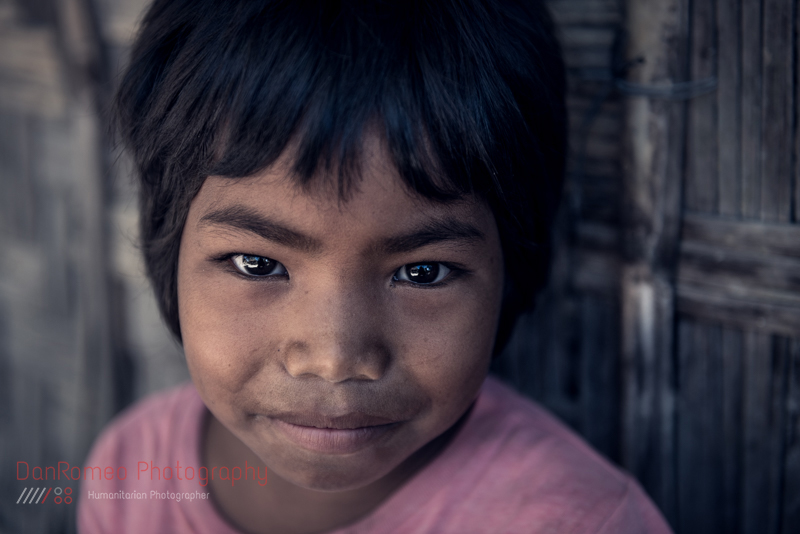
Children of Philippines // Pampanga Province // The Aeta Tribe
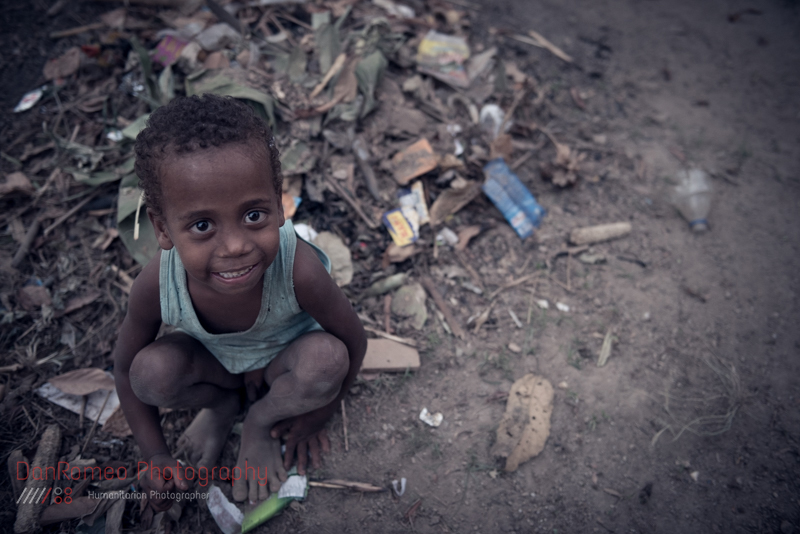
Children of Philippines // Pampanga Province // The Aeta Tribe
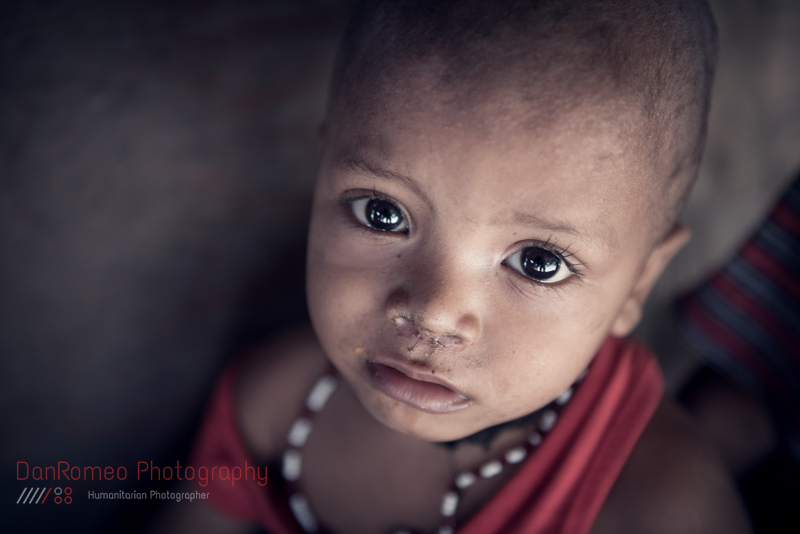
Children of Philippines // Pampanga Province // The Aeta Tribe

Children of Philippines // Pampanga Province // The Aeta Tribe
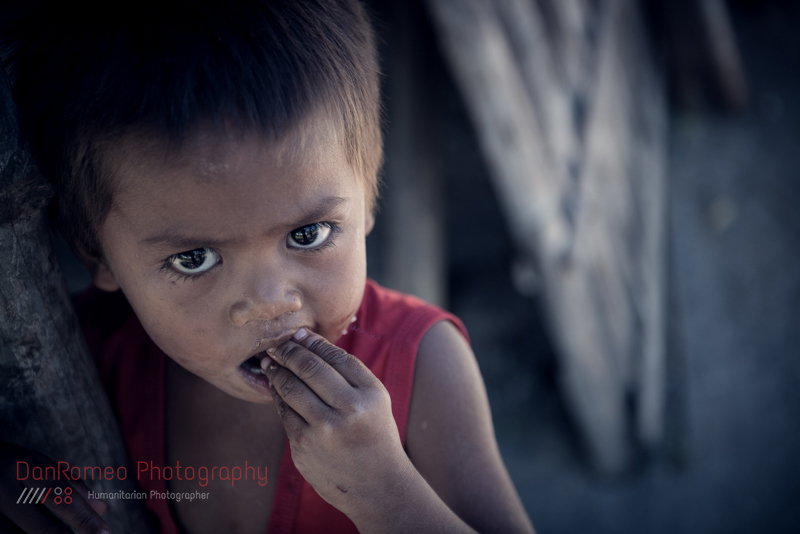
Children of Philippines // Pampanga Province // The Aeta Tribe
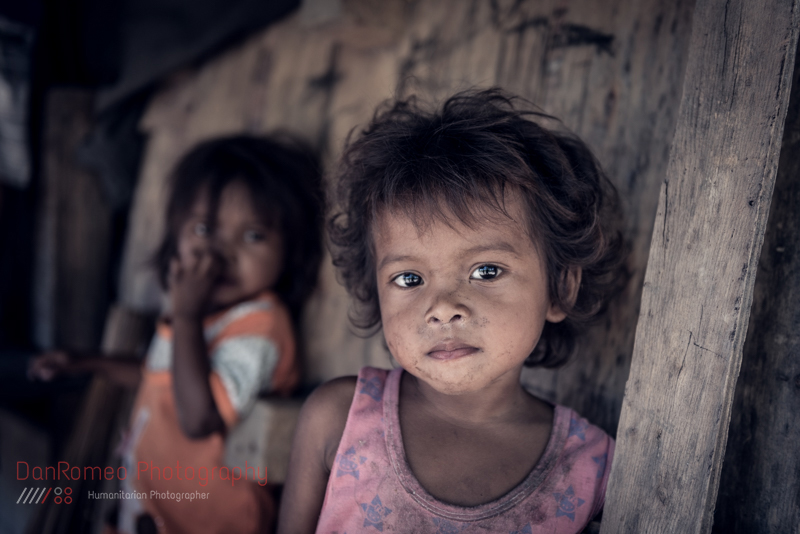
Children of Philippines // Pampanga Province // The Aeta Tribe
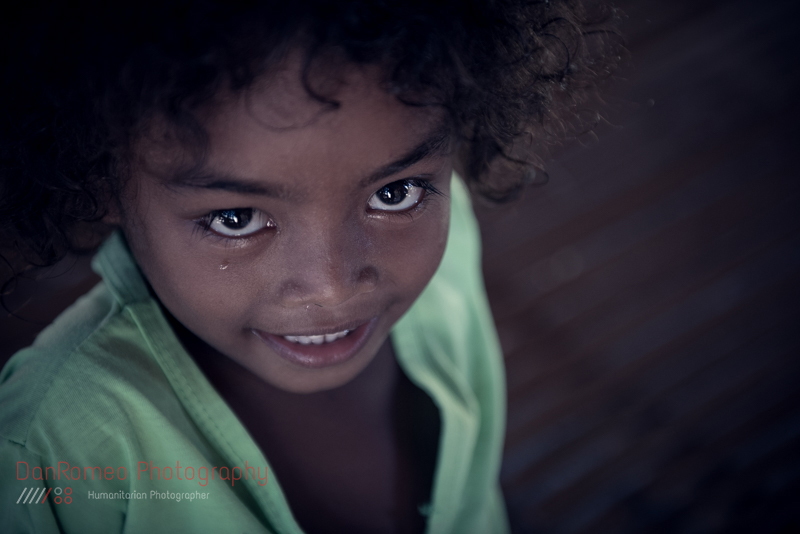
Children of Philippines // Pampanga Province // The Aeta Tribe
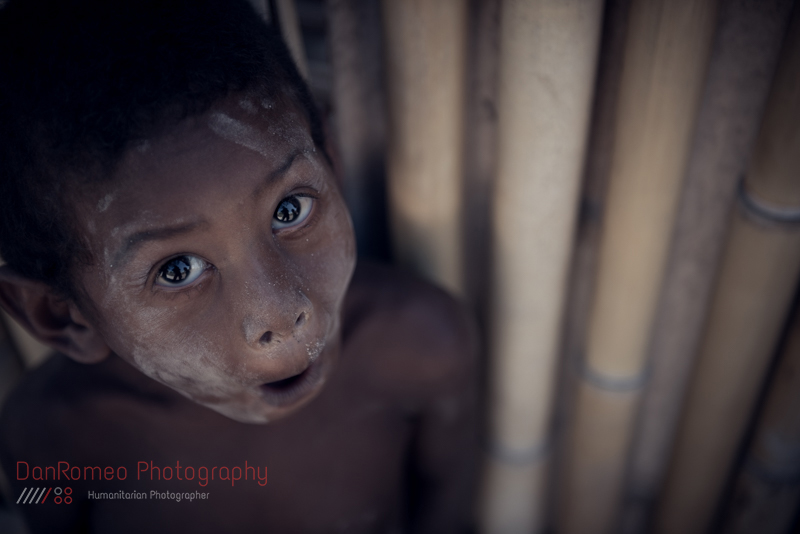
Children of Philippines // Pampanga Province // The Aeta Tribe

Children of Philippines // Pampanga Province // The Aeta Tribe
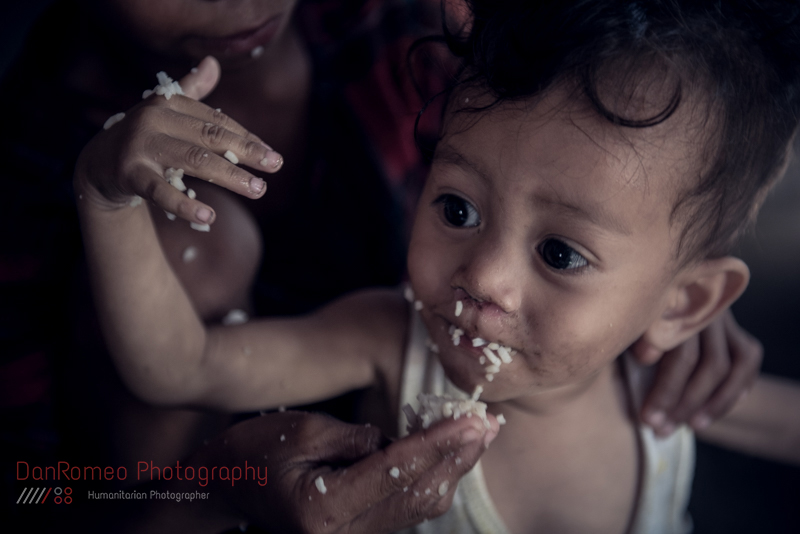
Children of Philippines // Pampanga Province // The Aeta Tribe

Children of Philippines // Pampanga Province // The Aeta Tribe
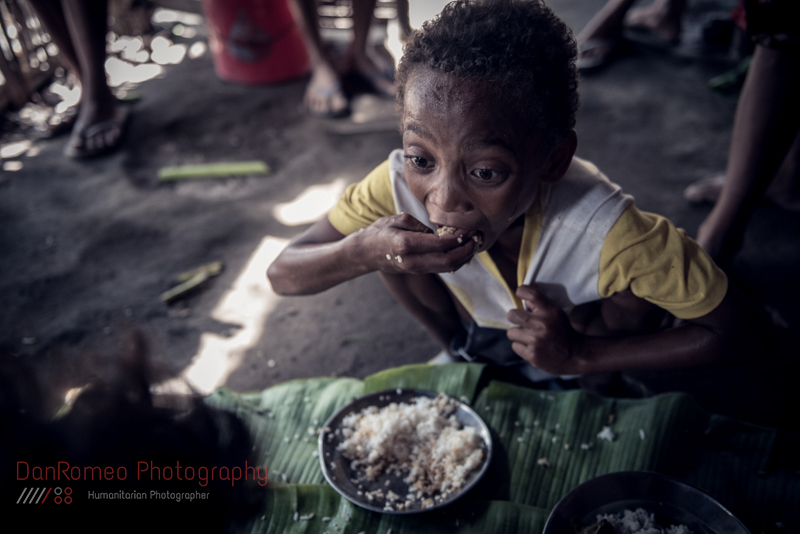
Children of Philippines // Pampanga Province // The Aeta Tribe
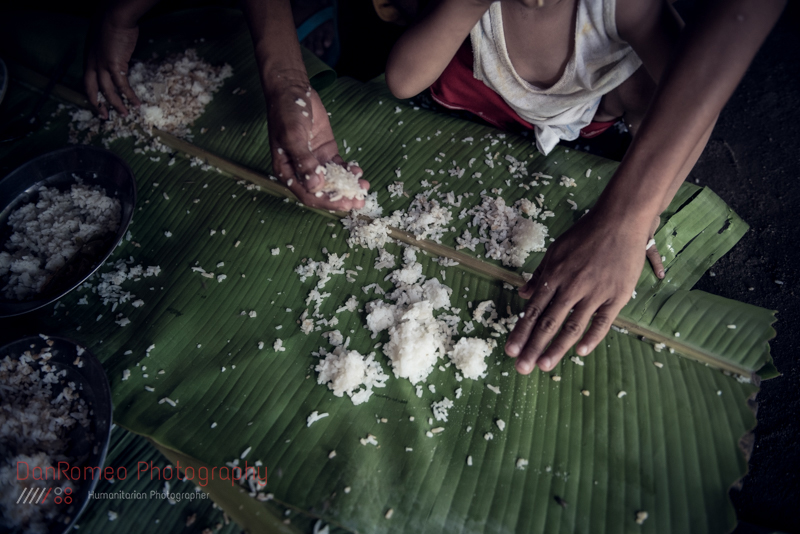
Children of Philippines // Pampanga Province // The Aeta Tribe

Children of Philippines // Pampanga Province // The Aeta Tribe
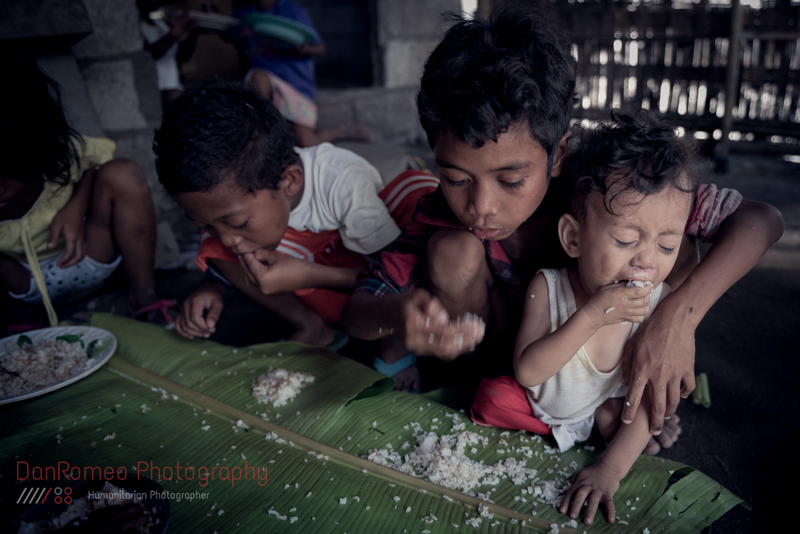
Children of Philippines // Pampanga Province // The Aeta Tribe
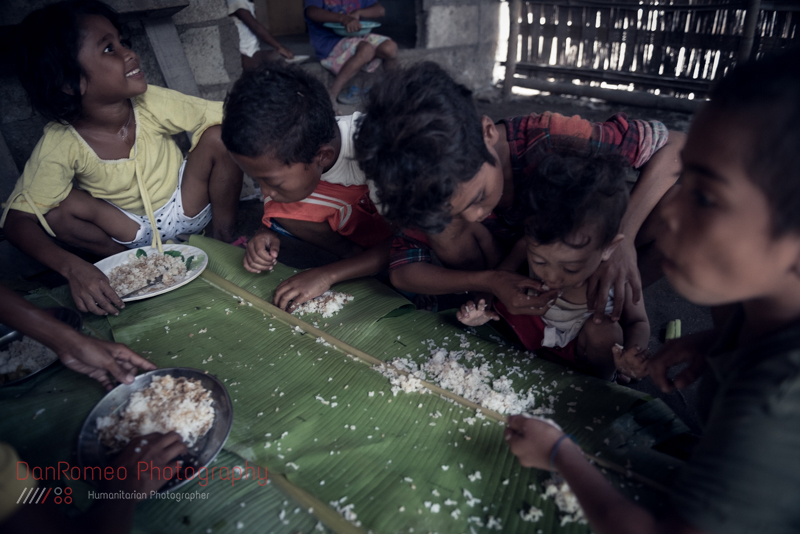
Children of Philippines // Pampanga Province // The Aeta Tribe
The Aeta Tribe
The Aetas are indigenous people living in different mountainous places in Luzon. They can be found in the provinces of Pampanga, Zambales, and Tarlac, to name a few.
The Aeta tribes are believed to be the first inhabitants of the Philippines. Aeta is pronounced <Eye Ta>. They are indigenous and their ancestors were the aborigines from Australia. There was a consensus from anthropologists that they migrated from the island of Borneo about 30 thousand years ago using a land bridge that was partially covered by water 5,000 years ago.
The Aeta are dark-skinned, and kinky-haired people who once occupied the forest areas of Mount Pinatubo. They were forced to leave their home/forest when Mount Pinatubo erupted in 1991, and their social and cultural environment was forever changed. They were referred to as Pygmy Aeta or Negritos (little negroes) by the early Spanish settlers in the early 1500s. Ethnologists claim they belong to what is probably the oldest living race in the world. Today, the Filipinos referred to them as <Kulot> meaning curly hair.

